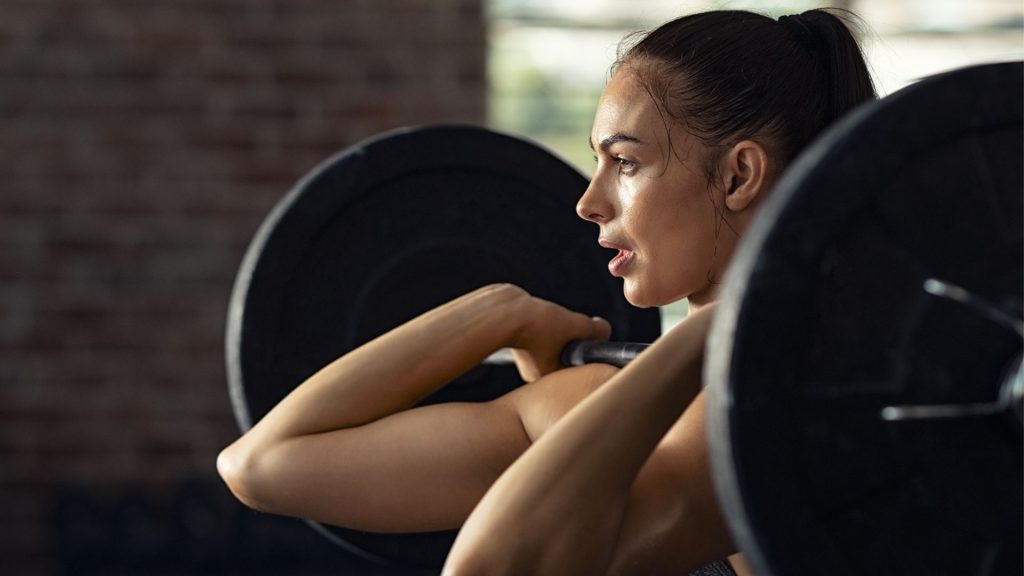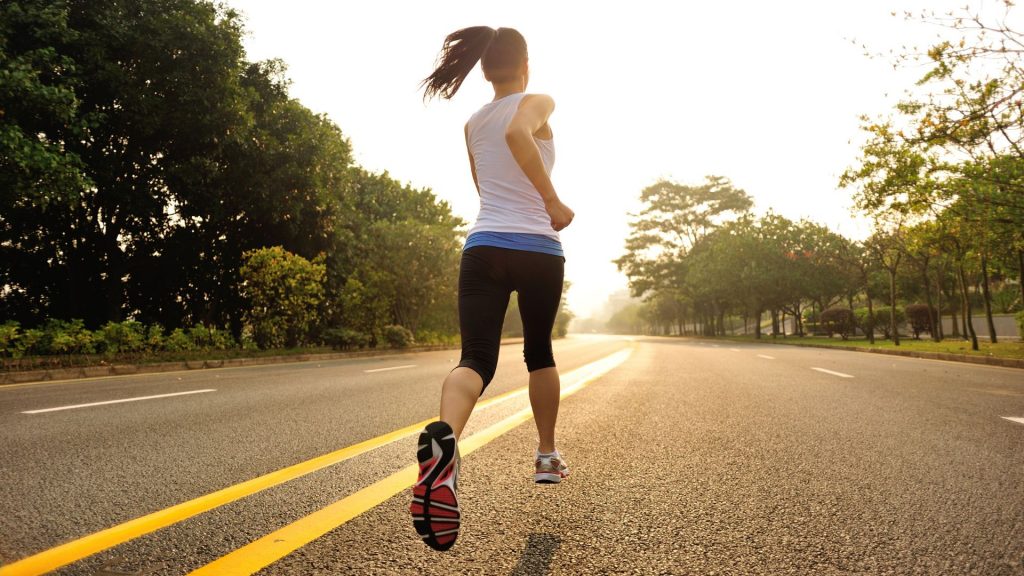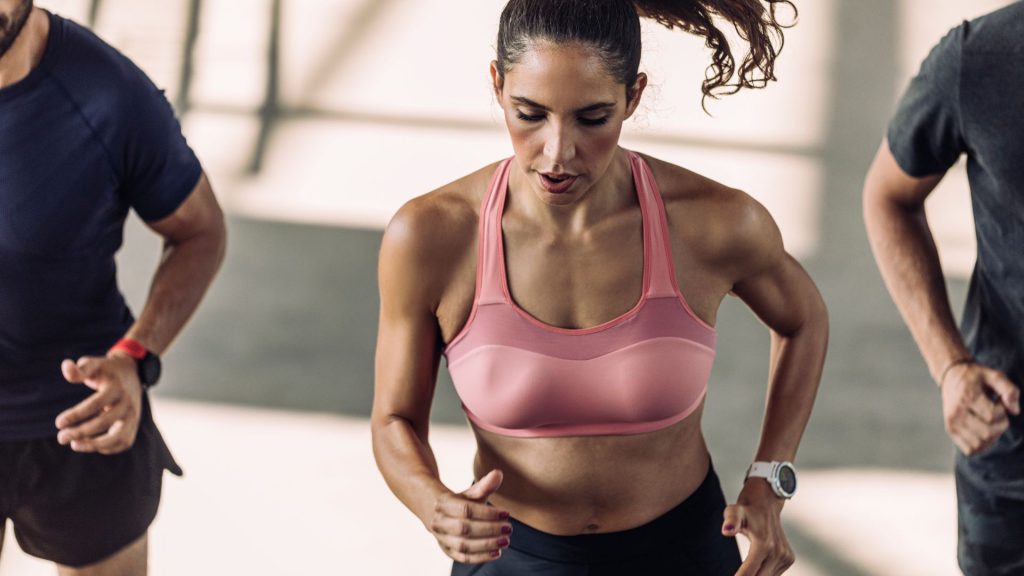It is no secret that proper nutrition is vital not only for our general health but also to support the training demands and optimum performance in athletes and active individuals, both female and male. While female participation in sports, both professional and recreational, is practically equal (49% of female participants in the 2021 Olympics), the amount of research conducted on female participants is somewhat lacking. Fortunately, that trend has been changing over the past decade and now we know more and more about the unique nutritional demands of female athletes.
It is not just your periods
When I was in high school, that “time of the month” was a get-out-of-jail-free card to avoid whatever I did not feel like participating in. In reality, it is not during the period when our performance is most compromised. Female hormones go through different phases throughout the cycle with the follicular phase leading up to ovulation and the luteal phase in the second half of the cycle as our hormones (oestrogen and progesterone) rise and fall throughout. Depending on the length of the cycle, oestrogen and progesterone peak roughly 5 days before the period starts and studies show that it is during that high-hormone phase when we might notice a decrease in strength and aerobic capacity therefore training and recovery might feel more challenging. These hormonal fluctuations, as natural as they may be, impact not only our menstruation but also may impact hydration needs, exercise metabolism, thermoregulation (heat tolerance), pain threshold and many more.

Fuelling up your cycle
During the high-hormone, luteal phase, rising oestrogen levels may impair gluconeogenesis (generating glucose from non-carbohydrate sources) and make us rely less on muscle glycogen compared to men in general or women during the follicular phase. What that means in practice, higher oestrogen may increase fat burning and fatty acid availability, which may be beneficial for endurance activities such as long-distance running, but for higher intensity sports like e.g. Cross Fit you might want to carb-up especially during the days leading up to your period. Moreover, your overall calories needed during the high-hormone phase might rise by a few per cent or an extra 100-200 kcal per day. High progesterone levels impact muscle breakdown and high oestrogen slows down our ability to grow muscle (generally slower compared to men, even more so during certain phases of the cycle), which creates a higher demand for muscle-building amino acids such as BCAAs (branched-chain amino acids). Consuming enough calories and macronutrients at the right intervals is detrimental to overall health, regular menstrual cycle as well as preventing low energy availability and bone loss.

Healthy bones = healthy muscles?
Women are at more risk of developing osteoporosis and stress fractures than men and, like with many things, prevention is more effective than cure. Exercise puts strain on the bones but the good news is that it also helps keep the bones stronger and denser it is therefore important to keep up with strength training as we age. Muscle mass is not the only thing keeping our bones healthy, certain micronutrients such as calcium play an important role in bone health. Calcium is widely known for its role in bone health, what is important to remember, however, is that it is vital for other functions such as heart health and if we are deficient in this mineral it may need to “borrow” some of it from the bones. Furthermore, Vitamin D and Vitamin K are crucial bone-building elements and are often overlooked in favour of the “more famous” Calcium. Due to menstruation women are at more risk of iron deficiency as well as insufficient levels of some B- Vitamins and folate.
If you’re interested in learning more about sports nutrition, join our Sports Nutrition to Fuel for Performance short course.
Alumni Article
Guest written by IINH graduate: Aleksandra Wisniewska
You can find Aleksandra on Instagram @alexzwnutrition











